Here’s a comprehensive overview of some of the best VPN providers in 2024. Whether you’re concerned about privacy, security, or accessing geo-restricted content, these VPN services have got you covered:
- ExpressVPN: Known for its all-around performance, ExpressVPN offers fast speeds, robust security features, and a wide range of server locations. It’s an excellent choice for streaming, torrenting, and general privacy.
- NordVPN: NordVPN is a top pick for connectivity, providing lightning-fast speeds and a vast network of servers. It’s great for both beginners and advanced users.
- Surfshark: Surfshark stands out for its comprehensive security suite, including features like ad-blocking, malware protection, and a strict no-logs policy. Plus, it’s budget-friendly.
- ProtonVPN: If you’re looking for a free VPN, ProtonVPN is a solid choice. It’s open-source, privacy-focused, and offers reliable features even in its free tier.
- CyberGhost: CyberGhost is highly customizable, allowing you to tailor your VPN experience. It’s user-friendly and suitable for various purposes.
- Ivacy: Ivacy combines affordability with quality. It’s one of the cheapest high-quality VPNs available.
- Mullvad: For privacy enthusiasts, Mullvad is a standout. It prioritizes anonymity and doesn’t require any personal information during sign-up.
- Private Internet Access (PIA): PIA is an excellent choice for Firestick and Roku users. It supports unlimited simultaneous connections but may be a bit pricey.
- VyprVPN: If you need a VPN for China, VyprVPN is your go-to option. It bypasses the Great Firewall effectively.
- Windscribe: Windscribe offers a free VPN option for torrenting. It’s reliable and has a generous data allowance.
Remember that the best VPN for you depends on your specific needs, so consider factors like speed, security, and pricing when making your decision. Stay safe online! 🌐🔒
Let’s break down the key features to consider when choosing a VPN and then I’ll recommend some servers for streaming Netflix.
What are the key features to look for in a VPN?
1. Security and Privacy:
- Encryption: Ensure the VPN uses strong encryption protocols (like AES-256) to protect your data.
- No-Logs Policy: Look for providers that have a strict no-logs policy, meaning they don’t keep records of your online activities.
- Kill Switch: A kill switch automatically disconnects you from the internet if the VPN connection drops, preventing data leaks.
2. Speed and Performance:
- Server Locations: Choose a VPN with servers in locations close to you or where you need to access content.
- Speed Tests: Some VPNs offer speed tests to help you find the fastest server.
3. Server Network:
- Size and Coverage: A larger server network provides more options for bypassing geo-restrictions.
- Specialized Servers: Some VPNs have servers optimized for specific tasks (e.g., streaming, torrenting, gaming).
4. Compatibility and Simultaneous Connections:
- Device Support: Ensure the VPN works on all your devices (Windows, macOS, iOS, Android, etc.).
- Simultaneous Connections: Check how many devices you can connect simultaneously.
5. Ease of Use and Customer Support:
- User-Friendly Interface: Look for a VPN with an intuitive interface.
- Customer Support: Consider 24/7 live chat support.
6. Price and Trial Period:
- Pricing Plans: Compare subscription plans and choose one that fits your budget.
- Free Trials or Money-Back Guarantee: Opt for VPNs that offer trial periods or money-back guarantees.
How to choose between these providers?
- Assess Your Needs: Consider your priorities (e.g., privacy, streaming, torrenting) and choose a VPN accordingly.
- Read Reviews: Look for independent reviews and user experiences to understand the pros and cons of each provider.
- Trial Periods: Take advantage of free trials or money-back guarantees to test the VPNs yourself.
Recommended Netflix Servers:
For streaming Netflix, you’ll want servers that are optimized for speed and reliability. Here are some recommendations:
- ExpressVPN: Known for its fast servers, ExpressVPN consistently works well with Netflix. Connect to any U.S. server for a reliable streaming experience.
- NordVPN: NordVPN has a wide range of servers optimized for streaming. Try connecting to servers in the United States, Canada, or the United Kingdom. Know more about NordVPN Pricing and features.
- Surfshark: Surfshark is budget-friendly and works well with Netflix. Connect to any of its U.S. or UK servers. Know more about Surfshark Pricing and features.
Remember that Netflix actively blocks some VPNs, so results may vary. It’s a good idea to test a few servers from your chosen provider to find the best one for your streaming needs. Enjoy your Netflix binge! 🍿📺
Torrenting and VPNs:
Torrenting involves sharing files via peer-to-peer (P2P) networks, which can expose your IP address and online activities to others.
Using a VPN (Virtual Private Network) is crucial for safe torrenting. Here’s why:
- Anonymity: A VPN masks your IP address, making it difficult for anyone to trace your torrenting activity back to you.
- Encryption: VPNs encrypt your data, ensuring privacy even when sharing files.
Best VPNs for Torrenting:
- ExpressVPN: Lightning-fast speeds, strong security features, and a large server network.
- NordVPN: Secure and optimized for P2P torrenting.
- PrivadoVPN: A reliable free VPN option for torrenting.
Remember to use legal torrents and respect copyright laws.
How to set up a VPN on your Router?
Installing a VPN directly on your router ensures that all devices connected to your network benefit from VPN protection.
Here’s a general guide:
- Choose a VPN Provider: Select a VPN service that supports router configuration.
- Check Router Compatibility: Ensure your router allows manual configuration.
- Access Router Settings: Open your router’s admin interface (usually at
192.168.1.1). - Configure VPN Settings: Follow your VPN provider’s instructions to set up the VPN on your router.
- Test: Verify that all devices connected to the router are now using the VPN.
Free VPNs for Occasional Use:
While free VPNs exist, be cautious as they often come with limitations and risks:
- Data Caps: Many free VPNs limit data usage.
- Security Concerns: Some may log your data or contain malware.
Here are some free VPN options:
- PrivadoVPN: Our top choice for overall free VPN.
- ProtonVPN: Offers a free plan with unlimited data.
- TunnelBear: Simple and playful, with a free plan.
- Windscribe: Provides 10GB of data on the free plan.
- Hotspot Shield: Fast but less secure, with a generous data limit.
- ZoogVPN: Also free, with a referral program.
- Opera VPN (built into Opera browser): Limited but convenient.
Remember that while free VPNs are tempting, premium providers like NordVPN offer better security and reliability. NordVPN even provides a free trial and a 30-day money-back guarantee. Choose wisely based on your needs! 🌐🔒
What’s the difference between free and paid VPNs?
Free VPNs:
Pros:
- No subscription cost.
- Access to basic VPN functionality.
Cons:
- Privacy Risks: Free VPNs often track and sell your browsing data to advertisers.
- Limited Features: Free versions may have data caps, slower speeds, and fewer server options.
- Ads: Expect frequent ads while using free VPNs.
Recommendation:
If privacy and security matter to you, avoid free VPNs.
Paid VPNs:
Pros:
- Privacy: Paid VPNs prioritize user privacy with strict no-logs policies.
- Speed and Performance: Faster speeds and reliable connections.
- Advanced Features: Additional security, unlimited bandwidth, and more server locations.
Cons:
- Cost: Paid VPNs require a subscription fee.
Recommendation:
How to check if your current VPN is leaking your IP address?
To verify if your VPN is leaking your IP address:
- Disconnect from VPN: Temporarily disconnect your VPN.
- Visit a Leak Test Website: Go to a site like WhatIsMyIPAddress.com.
- Check Your IP Address: Note down your IP address.
- Reconnect to VPN: Reconnect to your VPN.
- Verify IP Address Again: Visit the same site and check if the IP address matches your VPN server’s address.
If your real IP address is visible, you have an IP leak.
Alternatively, use tools like the ProPrivacy Leak Test Tool or ExpressVPN’s DNS leak test.
Recommended Gaming VPNs:
Here are some top gaming VPNs in 2024:
- NordVPN: Lightning-fast speeds, ad-blocker, and strong security features.
- ExpressVPN: Excellent user experience, global servers, and clean apps.
- Surfshark: Budget-friendly option with impressive speeds and unlimited devices.
Choose based on your priorities and enjoy lag-free gaming! 🎮🌐
What’s the best VPN for streaming?
When it comes to streaming, you want a VPN that unblocks content and provides fast speeds. Based on various tests and reviews, here are some top choices:
- NordVPN: Known for its unblocking capabilities across various platforms like Netflix, Amazon Prime, BBC iPlayer, and more. It’s also fast and reliable.
- ExpressVPN: Offers excellent security, global server coverage, and a no-logs policy. It’s a bit pricier but worth it for streaming.
- Surfshark: A budget-friendly option with unlimited simultaneous connections and good streaming performance.
How to optimize your VPN settings for gaming?
To enhance your gaming experience while using a VPN, consider the following tips:
- Enable Game Mode: If you’re on Windows 10 or above, turn on Game Mode. It prioritizes system resources for gaming, blocks notifications, and prevents interruptions.
- Minimize Background Processes: Close unnecessary background apps and processes to free up system resources for gaming.
- Keep Graphics Drivers Updated: Regularly update your GPU drivers for optimal performance.
- Use a VPN to Reduce Ping: A VPN can help reduce ping by providing a more direct route to gaming servers and evading bandwidth throttling.
What’s the impact of using a VPN on internet speed?
When you use a VPN, there can be some impact on your internet speed due to the following factors:
- Encryption Overhead: VPNs encrypt your data, which adds a slight delay in transmitting information.
- Server Distance: Connecting to a VPN server far away from your location may increase latency.
- Server Load: If a VPN server is heavily loaded, it can affect speed.
- Quality of VPN Service: Premium VPNs usually have better infrastructure and faster speeds.
However, modern VPNs like ExpressVPN, NordVPN, and Surfshark minimize this impact, and most users experience only a minor slowdown.
Free Streaming Services Compatible with VPNs:
While free VPNs may have limitations, here are some streaming services that work well with VPNs:
- ExpressVPN: Although not entirely free, it offers a 30-day money-back guarantee and excellent speeds for HD streaming.
- CyberGhost: Specialized servers for various streaming sites and a user-friendly app.
- ProtonVPN: Free plan with no data cap for endless streaming, but it may struggle with some platforms.
- Avira Phantom VPN: Many free mobile servers, including one for streaming, but limited desktop functionality.
- hide.me: Works with select Netflix libraries, but speeds may vary depending on server proximity.
Remember to respect copyright laws and terms of use when using streaming services, even with a VPN.
Choose wisely based on your needs, and enjoy streaming securely! 🌐🔒
How to troubleshoot VPN connection issues?
Troubleshooting VPN Connection Issues: If you’re experiencing VPN connection problems, consider the following steps to troubleshoot:
1. Check Your Internet Connection:
- Ensure your internet connection is stable. Restart your router if needed.
2. Verify Credentials:
- Double-check your login credentials for accuracy.
3. Check VPN Server Status:
- Confirm that the VPN server you’re connecting to is operational.
4. Review VPN Protocol and Ports:
- Ensure you’re using the correct VPN protocol and that necessary ports are open.
5. Look for Software Issues:
- Update your VPN software or reinstall it if necessary.
6. Check Firewall Settings:
- Temporarily disable your firewall or antivirus to see if it affects the connection.
7. Restart Your VPN App:
- Sometimes a simple restart resolves issues.
8. Contact Customer Service:
What’s the best way to test your VPN speed?
To assess your VPN’s speed, follow these steps:
- Connect to Your VPN: Choose a server location.
- Run a Speed Test: Visit a speed test website (e.g., SpeedTest.net).
- Analyze Results: Note download/upload speeds and latency.
Remember that using a VPN may reduce your speed due to encryption and routing through servers. Opt for a fast VPN like NordVPN or Surfshark.
What is double VPN and when it’s useful?
Double VPN (Multi-Hop):
What Is It?:
- A double VPN involves routing your internet connection through two VPN servers consecutively.
- The data travels from your ISP to the first VPN server, then to a second VPN server, and finally to the destination website.
Use Cases:
- Enhanced Security: Double VPN adds an extra layer of encryption, ideal for sensitive online activities.
- Anonymity: Useful for evading surveillance or censorship.
- Journalists and Activists: Protects against tracking and eavesdropping.
Remember that while double VPNs enhance security, they can significantly impact your speed. Choose wisely based on your priorities! 🌐🔒
What’s the difference between UDP and TCP in VPN protocols?
Difference Between UDP and TCP in VPN Protocols:
TCP (Transmission Control Protocol):
- Reliability: TCP is connection-based and guarantees data delivery. It checks for errors during transmission and retransmits data if needed.
- Slower: TCP uses more bandwidth and is slower than UDP due to its error-checking mechanisms.
- Suitable For: Ideal for applications where reliability is crucial, such as email, web browsing, and file transfers.
UDP (User Datagram Protocol):
- Speed: UDP is faster because it doesn’t establish a prior connection or perform error-checking. It sends smaller packets with less overhead.
- Less Reliable: UDP doesn’t guarantee data delivery, so some packets may be lost. However, this trade-off allows for higher speeds.
- Use Cases: Commonly used for streaming, gaming, and real-time communication.
How to set up a VPN on your mobile device?
Setting Up a VPN on Your Mobile Device (Android):
Follow these steps to set up a VPN on Android:
1. Get VPN Information:
- Obtain your VPN details from your administrator or install a VPN app from the Google Play Store.
2. Enter VPN Information:
- Open your device’s Settings app.
- Tap on “Network & internet” and then “VPN.”
- Tap “Add” and enter the information provided by your administrator.
- Save the settings.
3. Connect:
- In the VPN settings, select the VPN you added.
- Enter your username and password.
- Tap “Connect.”
4. Always-On VPN (optional):
Secure Email Services for Privacy-Conscious Users:
Here are some top secure email providers that prioritize encryption and privacy:
- ProtonMail: Known for strong encryption and privacy features.
- StartMail: Hosted in the Netherlands, offers private email.
- Mailfence: Customizable and secure email service.
- Tutanota: Secure email accessible on any device.
- Mailbox.org: Affordable German email service.
- Posteo: Reliable anonymous email provider.
- Runbox: Private email hosted in Norway.
- CounterMail: Swedish email service with strong security features.
- Kolab Now: Swiss email compliant with GDPR, HIPAA, and PCI.
Remember to choose the one that best suits your needs and keeps your communications private! 🌐🔒
What’s the difference between a VPN and a proxy?
Difference Between VPN and Proxy:
VPN (Virtual Private Network):
- Purpose: VPNs create an encrypted tunnel between your device and a remote server, allowing you to browse the internet securely and privately.
- Security: VPNs encrypt all your internet traffic, ensuring that your data remains confidential and hidden from prying eyes.
- Privacy: VPNs mask your IP address, making it difficult for websites and advertisers to track your online behavior.
- Usage: Ideal for overall security, accessing geo-restricted content, and remote work.
Proxy:
- Purpose: Proxies act as intermediaries between your device and the internet. They hide your IP address but don’t encrypt your data.
- Security: Proxies offer limited security; they don’t provide end-to-end encryption.
- Privacy: Proxies provide some anonymity by masking your IP address but don’t offer the same level of privacy as VPNs.
- Usage: Often used for specific tasks (e.g., bypassing geo-restrictions) or improving browsing speed through caching.
Secure Messaging Apps for Encrypted Communication:
Here are some excellent options for secure messaging:
- Signal: Known for robust end-to-end encryption and open-source code.
- Telegram: Popular among privacy-conscious users, with optional end-to-end encryption.
- Dust: Offers self-deleting messages and breach alerts.
- Wickr: Open-source, with screenshot alerts.
- Apple iMessage: End-to-end encryption for Apple users.
- Viber: User-friendly interface with limited end-to-end encryption.
- Threema: Open-source, doesn’t require a phone number for registration.
- Silence: Open-source SMS/MMS app with offline functionality.
- Wire: Independently audited, requires email for registration.
- Mattermost: Aimed at business users, compatible with major platforms.
Choose the one that aligns best with your privacy needs and communication preferences! 🌐🔒
What’s the difference between SSL and TLS?
Difference Between SSL and TLS:
SSL (Secure Sockets Layer) and TLS (Transport Layer Security) are cryptographic protocols used for secure online communication.
SSL is older, while TLS has been developed to address security vulnerabilities and provide enhanced security.
They differ in:
- Protocol Versions: SSL 3.0 vs. TLS 1.0 and later versions.
- Encryption Algorithms: TLS uses stronger encryption algorithms.
- Key Exchange Methods: TLS offers improved key exchange mechanisms.
- Overall Security Measures: TLS provides better security overall.
How to set up a VPN on your router for all devices?
Setting Up a VPN on Your Router:
To secure all devices through a VPN on your router:
Choose a Fast VPN Service: Use a fast VPN to minimize speed reduction.
Own a Powerful Router: Invest in a router with sufficient processing power.
AsusWRT Routers: Consider Asus AC3100 or AC3200 routers, which allow VPN setup without flashing new firmware.
Configure VPN on Router:
- Log in to your router’s admin panel.
- Look for the VPN tab or option.
- Add VPN profiles using PPTP or OpenVPN protocols.
- Activate the desired VPN profile.
Alternative Routers:
- If your router lacks VPN functionality, consider flashing it with custom firmware like DD-WRT or Tomato.
- Alternatively, buy a pre-flashed router from a third-party vendor.
Secure password managers to keep your credentials safe
Here are some top password managers to keep your credentials safe:
- 1Password: Easy to use, secure, and available on multiple platforms.
- NordPass: Great for business account administrators.
- Dashlane: Reliable premium password manager.
- RoboForm: Known for form-filling capabilities.
- Keeper Password Manager: Offers emergency access options.
- Bitwarden: Excellent free password manager.
- Enpass Password Manager: Stores data locally in a vault.
- Proton Pass: No-frills password management.
Choose the one that suits your needs and enhances your online security! 🌐🔒
What’s the difference between symmetric and asymmetric encryption?
Difference Between Symmetric and Asymmetric Encryption:
■ Symmetric Encryption:
- Uses a single key for both encryption and decryption.
- Fast and efficient.
- Examples include 3DES, AES, DES, and RC4.
- Provides confidentiality only.
■ Asymmetric Encryption:
- Uses two keys: a public key for encryption and a private key for decryption.
- Slower but more secure.
- Examples include Diffie-Hellman, ECC, El Gamal, DSA, and RSA.
- Provides confidentiality, authenticity, and non-repudiation.
In summary, symmetric encryption is faster but less secure, while asymmetric encryption provides stronger security but is slower.
How to set up a VPN on your smart TV or gaming console?
Setting Up a VPN on Your Smart TV or Gaming Console:
1. Smart TV:
Most smart TVs don’t natively support VPNs, but you can:
- Install a VPN app on an Android-based TV.
- Set up SmartDNS.
- Install NordVPN on your router.
- Share a wireless VPN connection from your Windows PC.
2. Gaming Consoles:
■ Xbox:
- Install NordVPN on your router and connect your Xbox to Wi-Fi.
- Connect Xbox to your Windows PC.
■ PlayStation:
- Install NordVPN on your router and connect your PlayStation to Wi-Fi.
- Connect PlayStation to your Windows PC.
■ Nintendo Switch:
- Connect via mobile hotspot (install NordVPN on a device and set up a hotspot).
- Install NordVPN on your router and connect your Nintendo Switch to Wi-Fi.
Secure two-factor authentication (2FA) apps for extra security
Consider using these reliable authenticator apps:
- 2FAS: Simple, functional, and offers cloud backups.
- Aegis Authenticator: Free and open-source for Android users.
- Google Authenticator: Basic and widely used.
- Microsoft Authenticator: Trusted and user-friendly.
- LastPass Authenticator: Works well with LastPass password manager.
- Twilio Authy Authenticator: Popular and feature-rich.
- Apple’s Built-in Password Manager: For Apple ecosystem users.
Choose the one that suits your needs and enhances your account security! 🌐🔒
What’s the difference between a hardware token and an authenticator app?
Difference Between a Hardware Token and an Authenticator App:
■ Hardware Token:
- A physical device that you must have in your possession.
- Provides additional security for two-factor authentication (2FA).
- Examples include USB security keys (like YubiKey) or smart cards.
- Cybercriminals cannot bypass physical devices with an internet connection.
■ Authenticator App (Soft Token):
- A virtual tool installed on your device (e.g., mobile app).
- Generates time-based one-time passwords (TOTP) for 2FA.
- Examples include Google Authenticator, Authy, and Microsoft Authenticator.
- Convenient but less secure than hardware tokens.
How do I set up VPN on my Chromebook or Linux machine?
Setting Up VPN on Chromebook:
You can set up a VPN on your Chromebook using different methods:
■ Android App:
- Install a VPN app from the Google Play Store.
- Configure the app and connect to your desired server.
■ Chrome Extension:
- Install a VPN extension from the Chrome Web Store.
- Enable the extension and configure it.
■ Manual L2TP:
- Set up an L2TP/IPsec VPN connection through the Network Manager.
■ Linux App:
- Install a VPN client using Terminal commands or GUI setup.
- Follow the instructions provided by your VPN provider.
Privacy-focused search engines for Web Browsing
Privacy-Focused Search Engines:
If you’re concerned about privacy, consider using these search engines:
- Startpage: Doesn’t collect or share personal data, ensuring private searches.
- DuckDuckGo: Focuses on privacy and doesn’t track users.
- Qwant: A European search engine that respects user privacy.
- Brave Search: Built by the Brave browser team, emphasizing privacy.
- Ecosia: A search engine that plants trees with its ad revenue.
- MetaGer: A German metasearch engine prioritizing privacy.
- Disconnect Search: Protects privacy by blocking trackers.
Choose the options that align with your privacy preferences! 🌐🔒
What’s the difference between a VPN and Tor?
Difference Between a VPN and Tor:
■ VPN (Virtual Private Network):
- Purpose: VPNs create an encrypted tunnel between your device and a VPN server, providing privacy and security.
- Usage: Ideal for general internet privacy, unblocking content, and secure browsing.
- Advantages: Faster speeds, user-friendly, and widely available.
■ Tor (The Onion Router):
- Purpose: Tor routes your internet traffic through a network of volunteer-operated servers (nodes) to achieve anonymity.
- Usage: Primarily for extreme privacy needs, accessing the dark web, and evading censorship.
- Advantages: High anonymity, but slower speeds due to multiple encryption layers.
How to set up a VPN on your macOS or iOS device?
Setting Up a VPN on macOS:
To set up a VPN on macOS:
- Go to System Preferences.
- Click on Network.
- Click the “+” button to add a new VPN configuration.
- Choose the type of VPN connection (e.g., L2TP, PPTP, IKEv2).
- Enter the necessary settings (server address, account name, password).
- Connect to the VPN from the menu bar icon.
Secure Cloud Storage Services for Data Backup
Here are some secure cloud storage options:
- Sync.com: Offers zero-knowledge encryption and generous storage.
- pCloud: Good security features and cross-platform support.
- Icedrive: Fast speeds and easy-to-use interface.
- MEGA: Very secure with 20GB of free storage.
- IDrive: Combines cloud storage with online backup.
Choose the one that best fits your needs! 🌐🔒


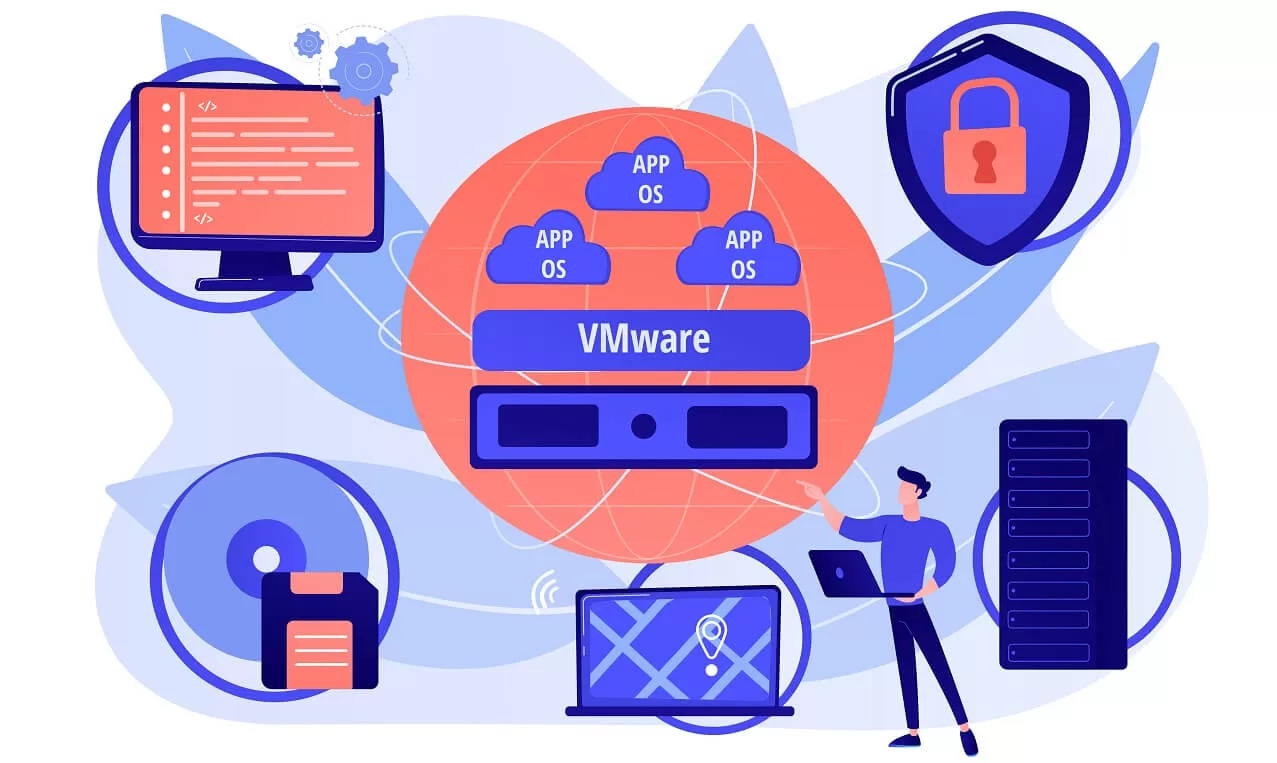

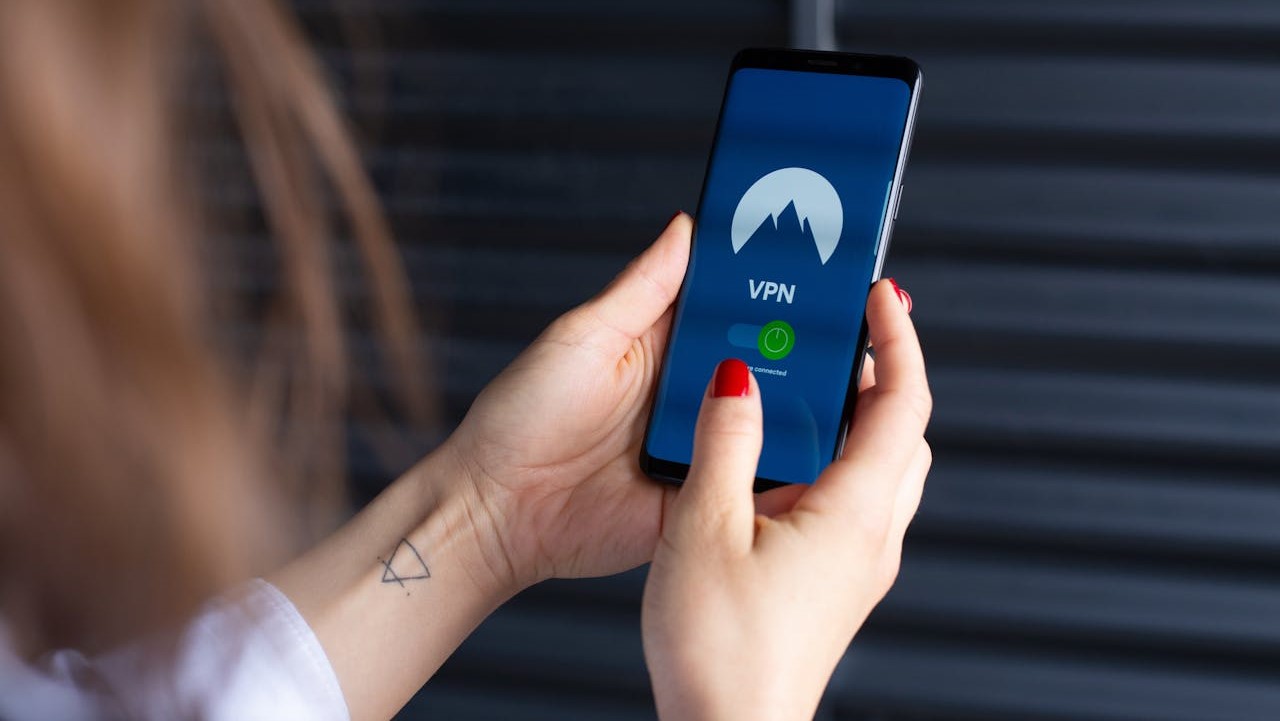
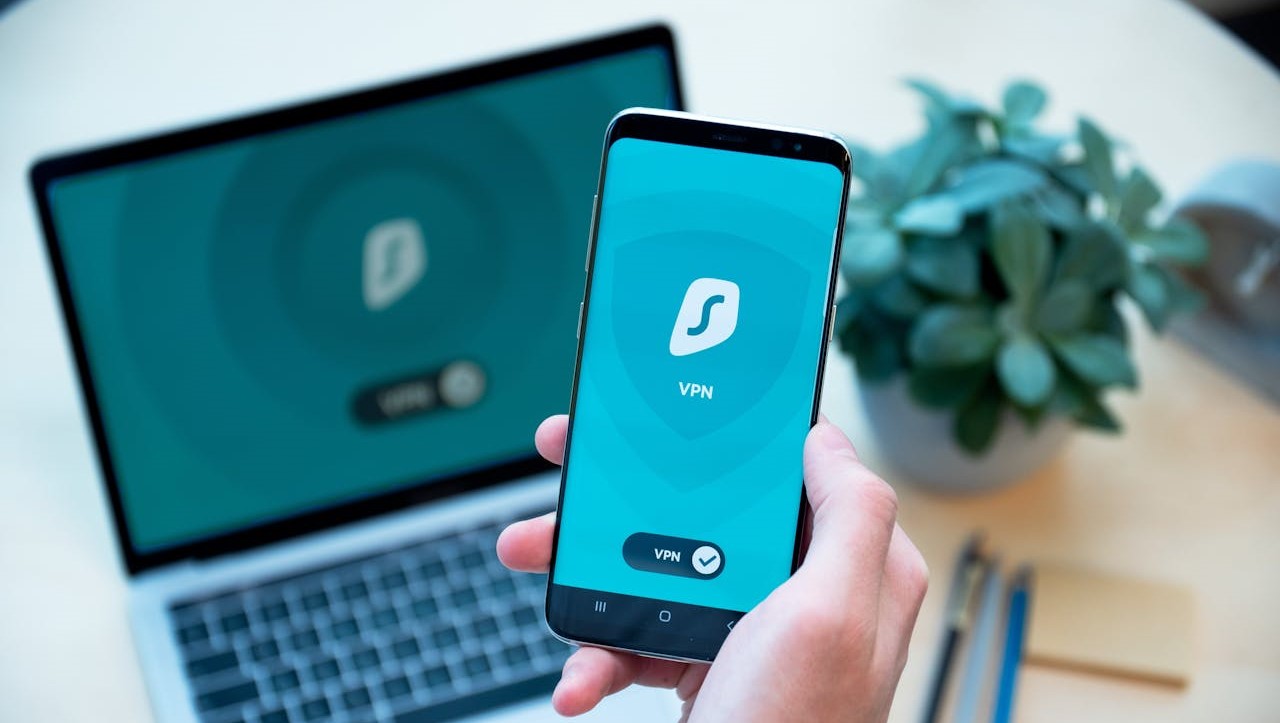

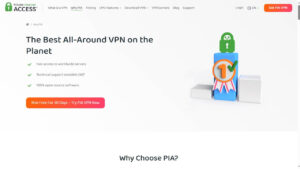

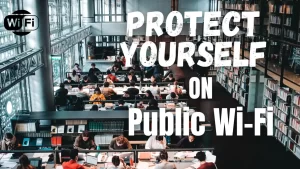

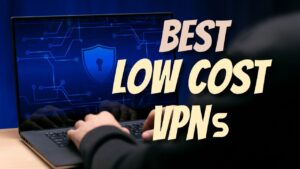











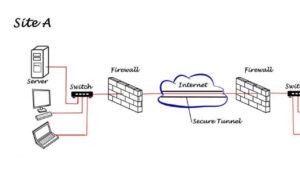
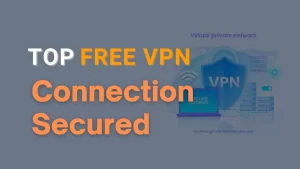


yua1qr
You made several nice points there. I did a search on the topic and found the majority of folks will go along with with your blog.
Terrific post but I was wanting to know if you could write a litte more on this subject? I’d be very thankful if you could elaborate a little bit further. Cheers!
I think this is one of the most vital info for me. And i’m glad reading your article. But should remark on some general things, The site style is wonderful, the articles is really great : D. Good job, cheers